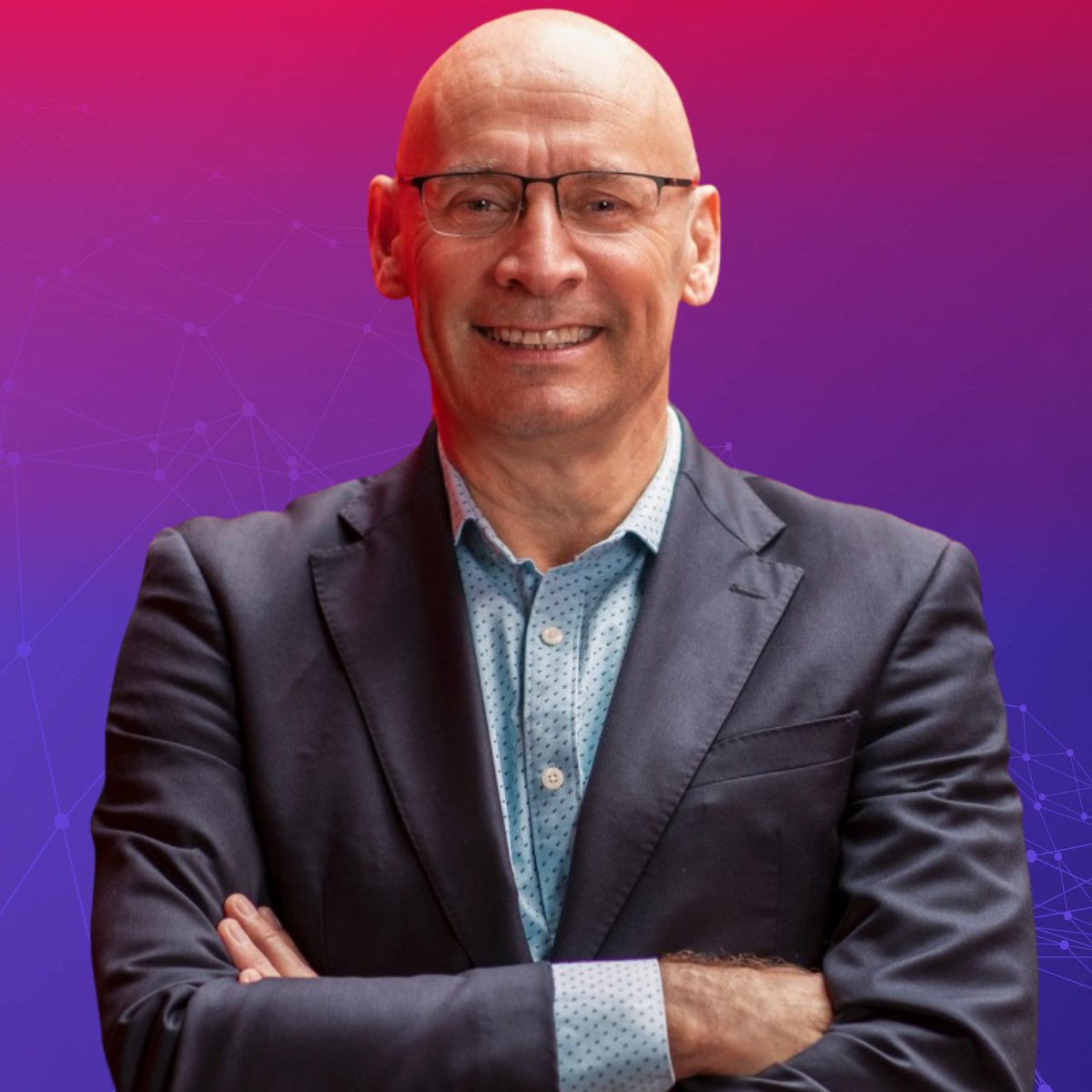
Top 10 Insights 2024
Lifelong Learning
The skills required in the workplace are changing continuously. Training frameworks need to be more flexible to reflect the needs of lifelong learners.
With workers expected to change professions at least five times throughout their careers, a single qualification is no longer enough. Continuous upskilling or reskilling is essential to remain employable and productive.
Stakeholders highlight the importance of vendor-certified and just-in-time training to keep pace with industry needs and note the growing popularity of stackable microcredentials. However, current training frameworks are often too rigid to meet these demands.
A standardised system to recognise ongoing skill development and experience - especially in relation to transferable skills across industries - is needed to support workforce mobility.
Industry is also concerned that the relentless pace of change leads to learning fatigue, highlighting the need for more flexible and supportive learning pathways to sustain long-term workforce development.
Transforming insights into Action
FSO recognises that lifelong learners have specific needs within our training packages. We will continue to develop simple mechanisms to support their learning journeys, ensuring our products remain adaptable and accessible for ongoing educational growth.
How Gavin turned a hernia setback into a digital comeback
When 60-year-old Gavin Cluss was off work with a hernia, he decided he needed to re-skill.
“I wanted to go back to the kind of work I used to do in finance,” he said.
That’s when he turned to North Metropolitan TAFE in Perth. Gavin initially undertook a Certificate III in Business (Administration) and is now pursuing a Certificate IV in Business (Administration).
“The course boosted my digital confidence and helped me overcome my fear of unfamiliar computer applications. Now, I can pick up new applications pretty quickly,” he said.
Once he completes his course, Gavin plans to pursue a customer services role, ideally within the financial services sector.
And Gavin isn’t stopping there. “I’m already planning to take more short courses, like database management, to expand my skill set.”
“The difference in learning digital skills between a school kid, a graduate, a practicing professional, and a company owner is dramatic. Embracing a life cycle view that includes school learners, late career professionals, and employers can enrich our approach to skills development.”
Martin Betts, Professor Emeritus, Griffith University and CEO, HEDx and FSO Associate Member.
*Hear Martin talk skills with Marc Washbourne, Founder & CEO at ReadyTech, EY Technology Entrepreneur of the Year and FSO Board member. Listen on Apple Podcasts or Spotify.
What we’ve learned from our expert stakeholders
-

As technologies like AI, blockchain, and digital transformation disrupt traditional job functions, continuous learning and upskilling are essential to keep the workforce relevant and adaptable.
-

Lifelong learning and vocational education and training systems play a crucial role in upskilling workers and facilitating career transitions.
-

Initiatives such as flexible and online learning options, micro credentials, and short courses are vital in promoting a culture of lifelong learning, enabling professionals to continuously upskill and reskill.





